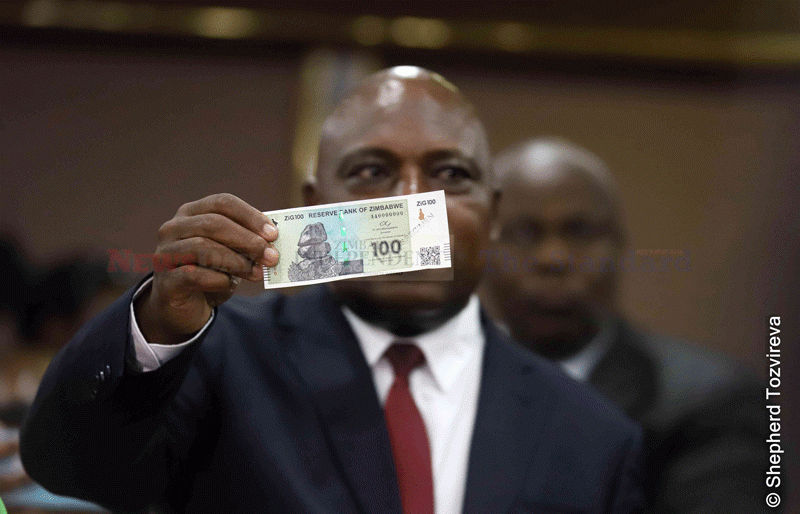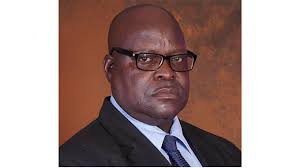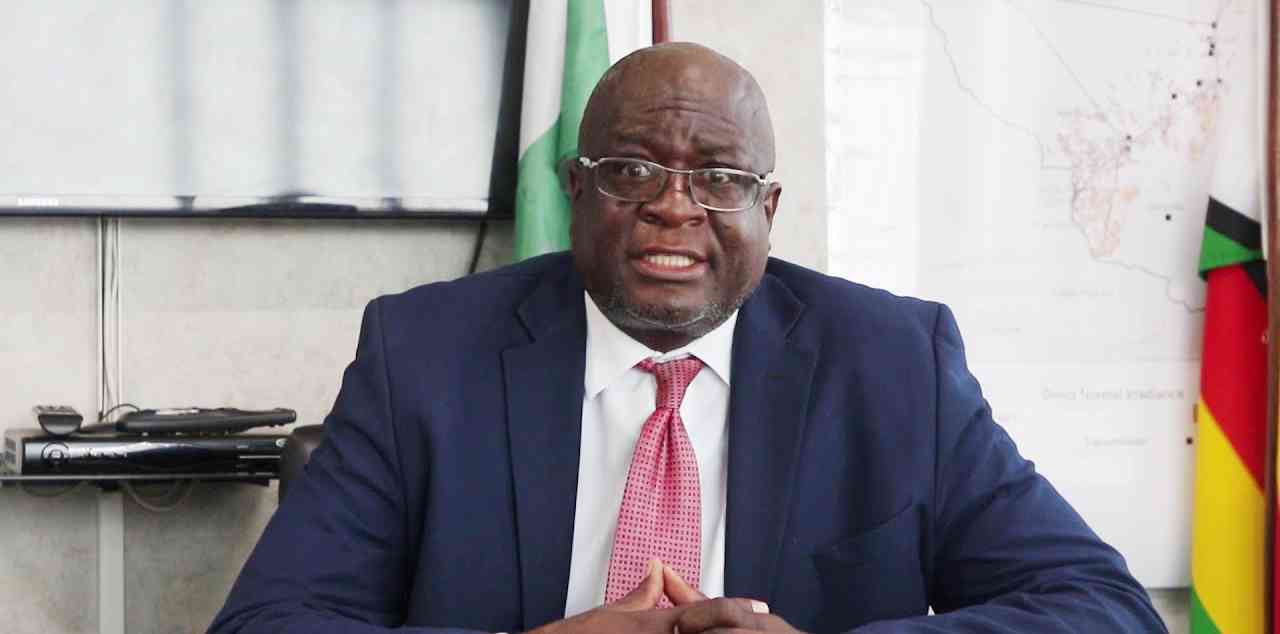
But that is if the taxman does not get wind of it. The proverbial taxman would never miss such a thing. Even after the taxman gets his share of the deal, Masiyiwa would still have a lot of cash. Add all those investments he has got in Kenya, Burundi, Botswana, London and Lesotho, then he could well be on the Forbes rich list. But then again, according to Forbes, more people are joining the league of billionaires. If you were to value his Class “A” shares, which were 73 million in February this year, his personal worth in Econet would total US$402 million. Econet traded at US$5,50 last Friday, valuing Masiyiwa’s direct shareholding in the company — made up of 10,2 million ordinary shares — at US$56 million on the day. This means that when Econet’s shares move by a cent in a day’s trade, Masiyiwa makes a cool US$80 000 more. And with foreign funds and the bulk of investor funds still going into Econet since trade on the stock exchange resumed this year, demand will continue to be strong for the counter. This, analysts say, will continue to lift the share price. When that happens, Masiyiwa will continue to, figuratively, print money and add to his wealth. But does the company still have upside left to burn and more wealth to pass to its shareholders? “The bulk of funds on the market are going into Econet and this should see the share price continue going up,” an analyst said. The counter has been a top-10 pick this year for many stockbrokers. It continues to tighten its grip on the mobile market, with new funding coming in to speed up its network expansion programme. A major attraction for investors is the fact that despite its phenomenal growth, which has taken Econet to two million subscribers, demand for cellular services remains huge. Reflecting this view, Econet’s current share price has jumped 300% since February. With that, Masiyiwa’s personal wealth also increased by over 100% from 2005, when he was said to have over US$200 million combined. After providing US$115 million into capital expenditure for Econet, Masiyiwa quickly got some of that money back after the group declared an 8-cent dividend, becoming the first company in Zimbabwe to pay out a US dollar dividend to shareholders. Masiyiwa and other shareholders can either choose to take profits or get additional shares. Dividends for his Class “A” shares are much higher. But he will not be able to get the entire US$6 million dividend because, as a non-resident Zimbabwean, he will have to part with 15% of the dividend as required by the law. The group reported revenue of US$131 million and made a US$41million after tax profit. It paid US$16 million to the taxman and is possibly the single largest contributor to the fiscus. In fact, Econet said it contributed US$34 million to the fiscus in the first half of the year. At this rate, Econet could maintain a buoyant dividend policy in the nest few years. That too will attract more demand for its shares, driving the price up even further. Econet now has capacity for over three million subscribers on its network, and hopes to increase this capacity to five million next year, further widening the group’s gap with competitors.And when the share price keeps an upside, Masiyiwa will be the happiest shareholder in Econet.
Chris Muronzi











